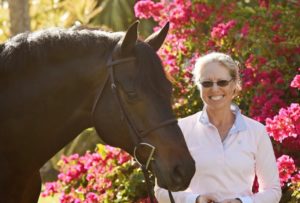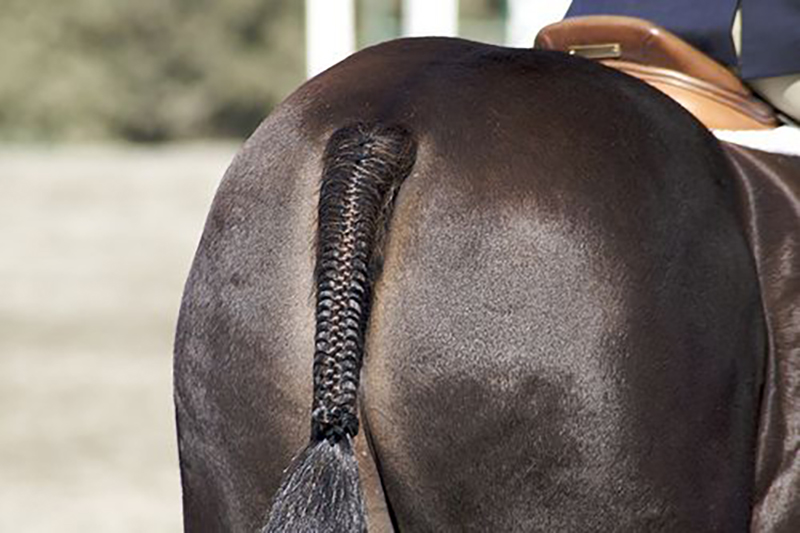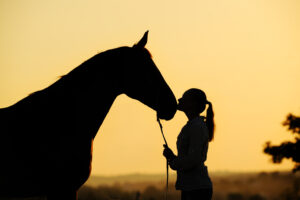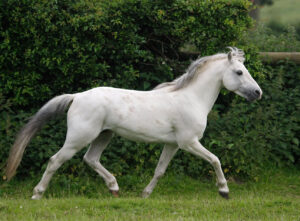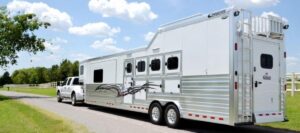Have you ever wondered if a horse owner or trainer is liable to professionals, like farriers, braiders and veterinarians, if the professional is injured by the horse while working with it? A New York court answered that question in the negative, dismissing the personal injury lawsuit of a professional horse braider who was kicked in the face while braiding a horse’s tail for a show.
According to the court, the braider had many years of experience professionally braiding horses for hunter-jumper shows. The braider was working at a particular show in New York when she was asked by another professional braider (who was busy working at another show) if she would braid a horse for a trainer client of his. The braider had never braided this particular horse and no one had warned her that the horse would exhibit any unusual behavior while being braided. While the braider was braiding the horse’s tail, the horse unexpectedly kicked her in the face. The braider sued the owners of the horse and their trainer, claiming that they knew the horse was “ornery” with a “tendency to explode, kick out and buck,” but had failed to warn her. In support of her theory that the horse had a propensity to kick, the braider relied on the expert testimony of another trainer who opined that the horse “demonstrated a propensity to be a kicker under circumstances of discomfort or uncertainty since he kicked without any hesitation.”
In their defense, the owners and their trainer testified that the horse had never had a problem with being braided and had never kicked out before. The court found no evidence that the horse had aggressive or vicious propensities. In addition, the court concluded that the braider, “who had worked with horses for years and testified that she was aware of the risks involved in braiding horses — including being kicked — assumed the risk of being kicked by [the horse] while she was braiding his tail.”
The braider’s case was dismissed. But the court’s opinion gives us insight into the possibility of a different result in a situation where the owner or trainer of a horse knows that the animal can be less-than-well-mannered under certain circumstances. In other words, there is a duty to warn a professional when there is some reason to suspect that working with or around a particular horse might be riskier “than normal.”
But we don’t really need the law to tell us that – it’s just common courtesy.

